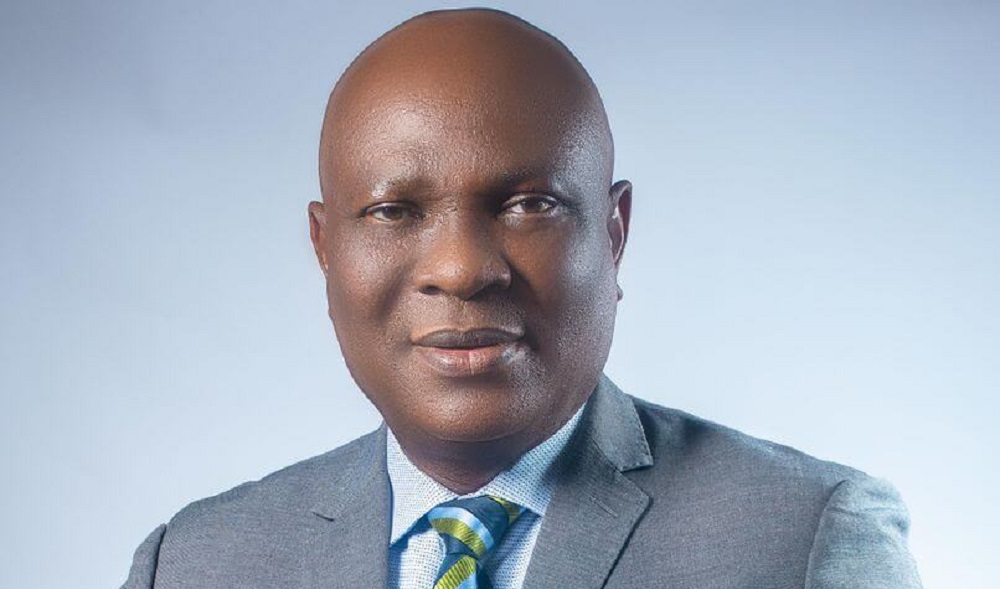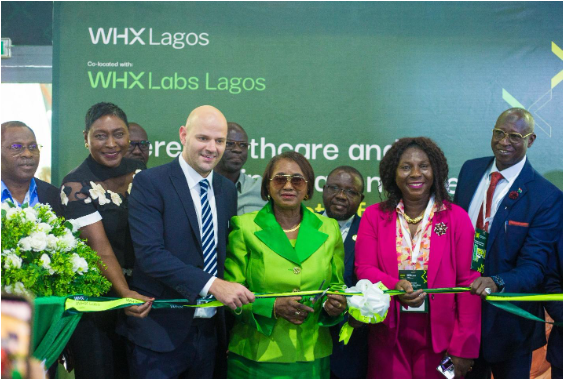War On Terror Must Be More Dynamic To Counter Extremists’ Tactics —NSA

National Security Adviser (NSA), Malam Nuhu Ribadu, has raised alarm over the ongoing threat of violent extremism in Nigeria, describing it as a major challenge that continues to claim lives, destroy communities, and weaken the country’s social fabric.
Ribadu, who was represented by his Senior Special Assistant, Hajiya Idayat Hassan, made the remarks in Abuja during a Pre-Review Workshop for the Policy Framework and National Action Plan for Preventing and Countering Violent Extremism (PCVE).
The workshop was organised by the National Counter Terrorism Centre (NCTC) on Monday.
He warned that extremist groups are increasingly adapting their tactics and leveraging digital platforms to expand their reach.
“Extremist groups continue to evolve, adapting their tactics and exploiting new technologies and online platforms to spread their ideologies,” he said.
“To effectively counter these threats, our strategies must remain dynamic, proactive, and relevant.
“This review also presents an opportunity to critically assess past interventions, identifying successes and areas that require improvement to refine our approaches and incorporate best practices.”
Ribadu stressed the importance of aligning the nation’s counter-extremism efforts with both national security priorities and international obligations.
According to him, the revised strategy must be consistent with global standards while contributing meaningfully to regional and global security efforts.
Commending the review process, he praised stakeholders for their inclusive, transparent, and data-driven approach.
“The broad spectrum of stakeholders engaged spanning government agencies, civil society organisations, academia, religious and community leaders, and international partners reflects our commitment to a whole-of-government and whole-of-society approach to preventing and countering violent extremism.”
He further urged that the review should prioritise core areas such as community resilience, digital literacy, online radicalisation, and the reintegration of former extremists.
“Let me state that this review must focus on key areas such as enhancing community resilience, countering online radicalisation, and improving rehabilitation and reintegration programmes.
“Empowering communities to resist radicalisation and addressing the root causes of extremism are critical.
“Similarly, given the increasing use of digital platforms by extremist groups, it is imperative to develop effective strategies to counter online radicalisation, amplify counter-narratives, and enhance digital literacy.
“Rehabilitation and reintegration must also be approached comprehensively, providing former extremists with pathways back into society while addressing community concerns.
“Additionally, there is a need to improve inter-agency coordination to enhance intelligence sharing and operational effectiveness,” he added.
Also speaking at the event, the National Coordinator of NCTC, Maj.-Gen. Adamu Laka, reiterated the urgency of revising the national framework in response to the changing dynamics of extremism. He said the workshop aimed to evaluate the effectiveness of the existing strategy and close any gaps.
He noted, “The threats will undoubtedly continue to evolve,” adding that stakeholder input was essential to ensuring the framework remains practical and relevant.
“We recognise that this fight cannot be waged in isolation; it requires the concerted efforts of government agencies, civil society organisations, academia, religious leaders, community representatives, and international partners.”
In his remarks, the EU Ambassador to Nigeria, Gautier Mignot, highlighted the importance of collaborative efforts between Nigeria and international bodies in tackling the root causes of violent extremism. He noted that both Nigeria and the European Union are members of the Global Counter Terrorism Forum (GCTF).
“The workshop is another excellent example of how efforts between governments, members of the GCTF and organisations inspired by it, can effectively work together in addressing the drivers of violent extremism and terrorism and the factors that enable them,” he said.
Mignot announced that the EU will soon launch a €300 million grant package to support efforts in the Northwest and Northeast regions, focusing on education, health, and economic opportunities as a way to address insecurity.
“The EU is proud to be supporting Nigeria in these efforts… working with government, civil society organisations and traditional and religious leaders, but also more broadly.”
War On Terror Must Be More Dynamic To Counter Extremists’ Tactics —NSA is first published on The Whistler Newspaper





